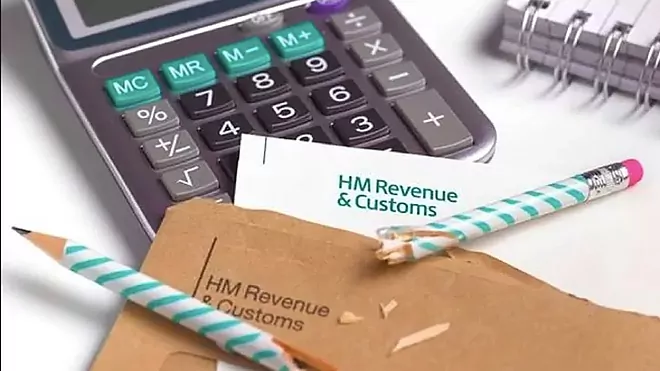How You Can Receive Tax Refunds Worth $500 Under The New Plan In Georgia? – Tax Rebate
This new legislation will offer up to $500 tax refunds to the Citizens of Georgia. The Tax Rebate for Georgians is a new legislation that Governor Brian Kemp has proposed using a state budget surplus for a refund during June.
Although now, the Georgia General assembly has seen new legislation introduced on that same proposal for a tax refund between $25-500 to taxpayers across the state. Rep. Josh Bonner, One of Gov. Kemp’s floor leaders, has introduced H.B. 1302 which will provide for one-time refunds.
According to a published post by Marca, this will be a significant aid to all Georgia residents as they seek more benefits during a time as challenging as today. Inflation is overwhelming for some folks and tax rebates are a significant way in which the government is benefiting all the citizens who pay their taxes.

Tax rebates: You can get up to $500 in tax refunds under the new plan in Georgia (Photo: MARCA)
How are they funding this tax rebate?
Because the citizens of Georgia are wondering where this money is coming from, well, it originates from a $1.6 billion budget surplus. The state budget has had it after the budget cuts at the onset of the pandemic. For all the Georgia residents, the plan is to provide a $250 check to filers who are single, $375 checks to filers who are the head of the household, and $500 checks to joint filers.
If the citizens who are getting these checks are fearing that the state’s revenue will tank amid the pandemic, the lawmakers of Georgia decided to cut 10% from the spending plan as they developed a budget for the 2021 fiscal year throughout the summer of 2020. The state government then decided to bring hundreds of millions back to the education budget as they realized the revenue wouldn’t go to the ground.
The 2022 fiscal year budget leaves many state agencies without the required funding millions if you compare their budgets from before the pandemic, The Georgia Budget and Policy Institute confirmed. People who proposed this plan are convinced that any type of surplus should go back directly to the taxpayers.




















